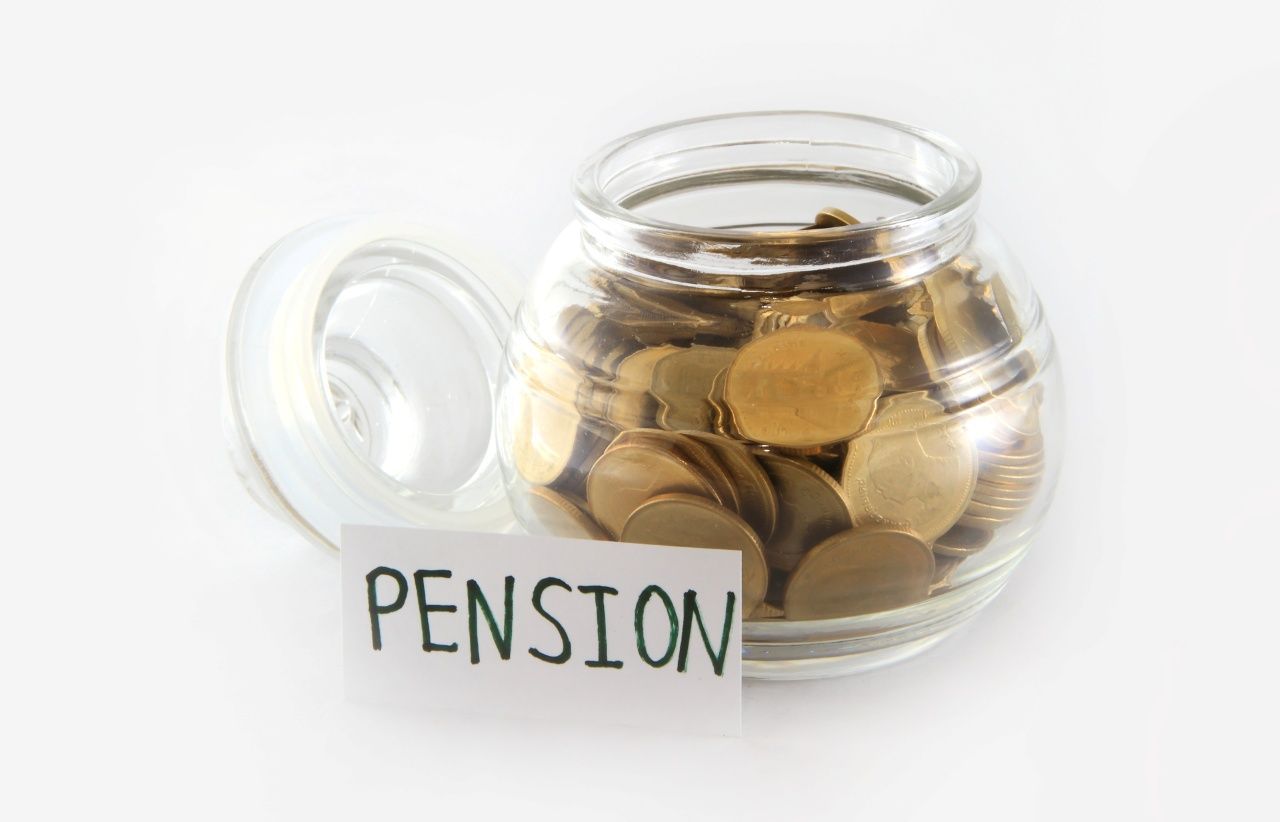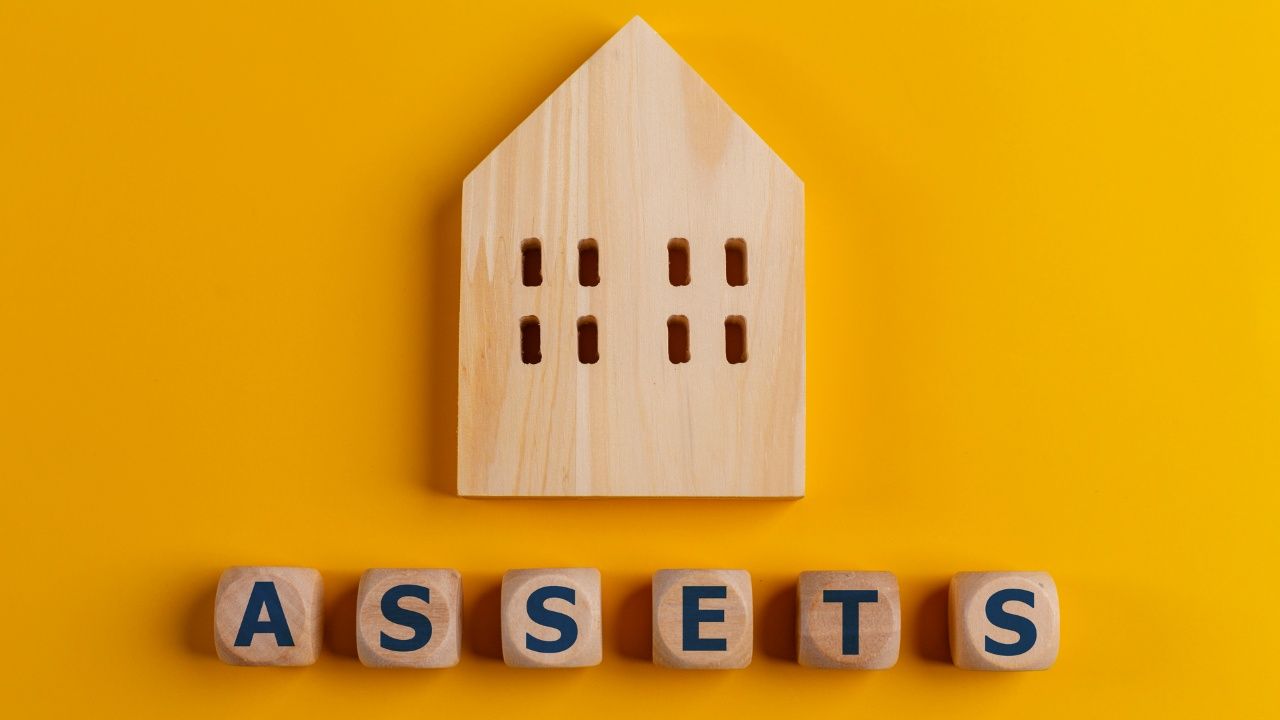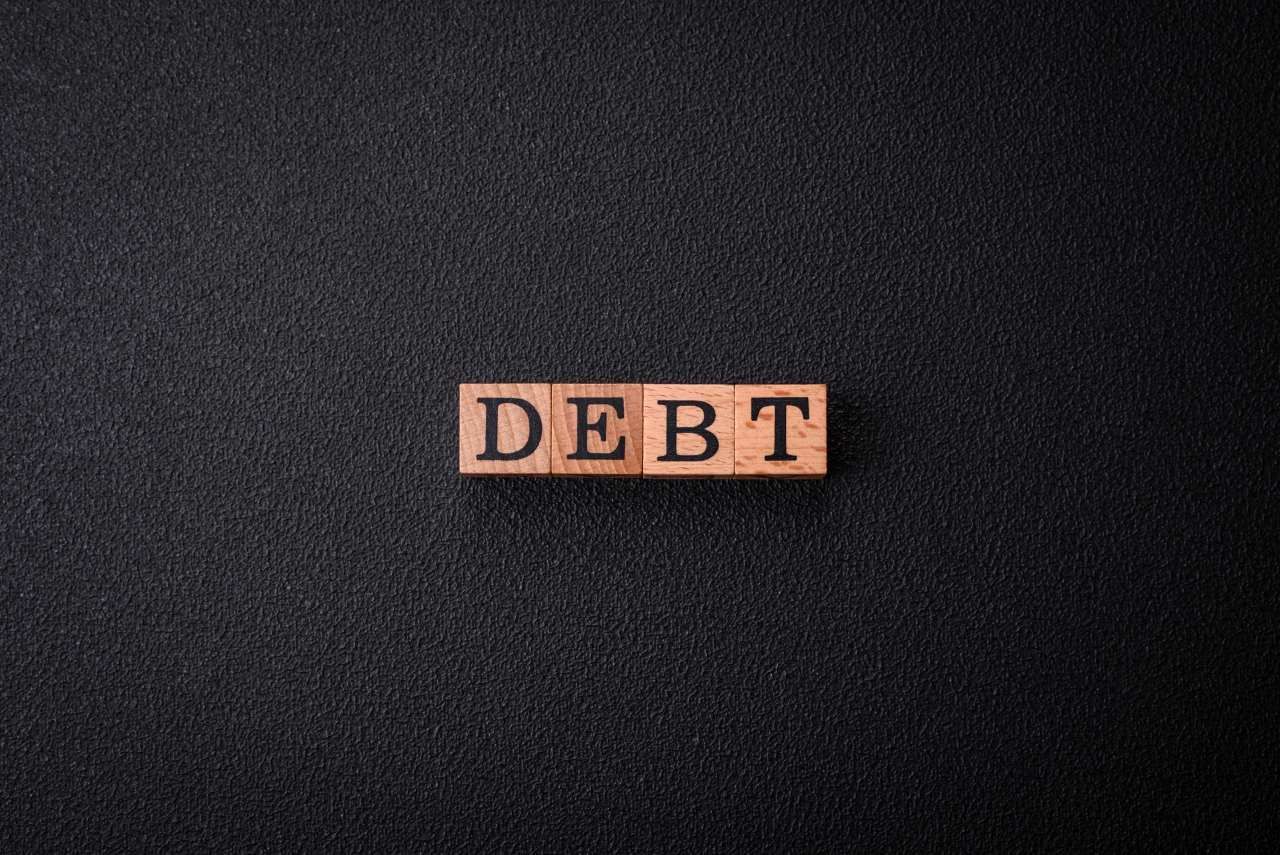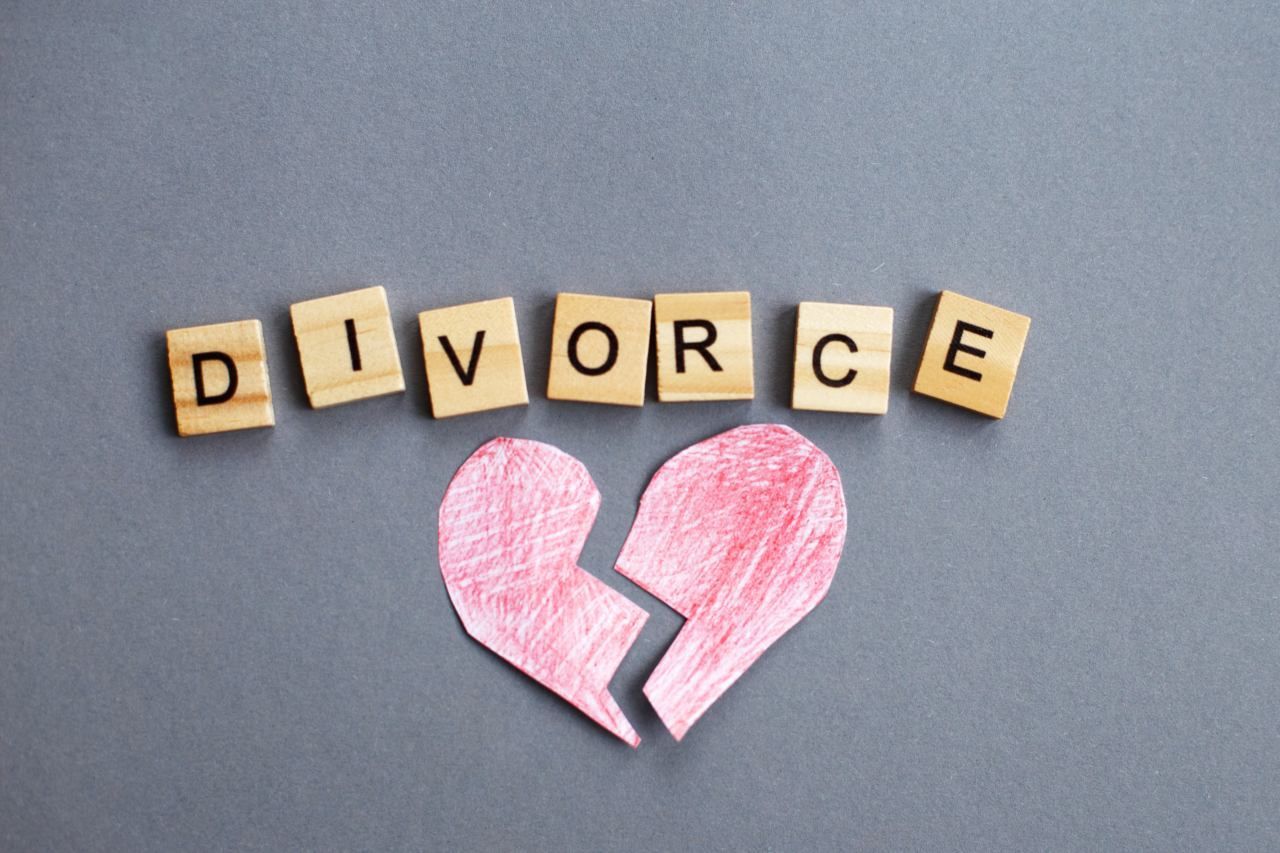Am I Entitled to My Husband's Pension if We Separate?

Breaking up is hard enough without worrying about money. And when it comes to pensions, most people don’t really know where they stand. You might be shocked to learn your husband's pension could actually be worth more than your house.
So what happens to it if you split up? Let's sort fact from fiction.
Understanding Pension Rights After Separation
The UK legal system isn't perfect, but it does recognise that pensions represent years of financial planning that benefit both partners in a marriage.
Think about it - while one person might have their name on the pension statements, the other person might have enabled those contributions by running the household, raising children, or taking career breaks. Marriage is a partnership, and the law generally sees pensions built during those years as shared assets.
As family solicitors, we’ve seen too many clients walk away from marriages without realising they had legitimate claims to substantial pension pots, so being able to find trusted legal support for your case in Mayfair early on can make all the difference.
Are You Legally Entitled to a Share of Your Husband's Pension?
It depends. (Don't you just hate that answer? Us too, but it’s how family law works in the UK.)
When You Are Eligible
If you've got a marriage certificate or civil partnership paperwork, you're in business. The courts can consider dividing almost any type of pension, such as workplace schemes and private pensions.
The longer you've been married, the stronger your position. If you’ve been in a twenty-year marriage where the pension grew substantially during your relationship, you'll likely have a solid claim.
When You May Not Be Eligible
If most of the pension was built up before you met, your claim weakens significantly.
Living together for years but never tied the knot? Unfortunately, the law hasn't quite caught up with modern relationships. Cohabiting couples don't automatically have the same pension rights as married ones.
Also, if you've already signed a financial settlement that specifically excluded pension sharing, you might be stuck with that decision. That's why rushing through paperwork without proper advice is such a disaster for so many people.
How Pensions Are Divided in the UK
Pension Sharing Orders (Most Common)
This is the cleanest option. The pension pot gets divided, and you receive a percentage of its total value. Your portion becomes entirely yours - in your name, under your control.
You can either transfer it into a separate pension or sometimes join your former partner’s scheme as an independent member. What's brilliant about this approach is the independence it offers - you're not linked to your ex's pension decisions anymore.
Pension Offsetting
Rather than splitting the pension itself, this approach balances its value against other things you own together.
It might look like: "You keep your £200k pension, I'll keep the £200k house." Simple on paper, but tricky in practice since comparing immediate assets (like houses) with future benefits (like pensions) isn't straightforward.
This works well when you need capital now - perhaps to buy somewhere to live - rather than waiting years for pension benefits.
Pension Attachment Orders (Less Common)
These used to be called 'earmarking, ' and they're less popular these days. Instead of creating a clean break, the court directs a percentage of your ex's pension income to you once they start drawing it.
The massive downside? You're still tied to your ex's pension decisions. If they refuse to retire or die before drawing their pension, you could be left high and dry. Most solicitors suggest avoiding this option unless there's no alternative.
Key Factors That Affect Pension Entitlement

Not all pension splits are equal. Here's what influences the outcome:
Length of Marriage
A two-year marriage and a thirty-year marriage create very different pension entitlements. Courts typically focus on the "matrimonial portion" - the bit that built up during your time together.
Pre-marriage pensions can sometimes remain untouched, especially in shorter relationships.
Type of Pension
Pensions are bewilderingly complex. A final salary scheme from the NHS works differently from a private SIPP investment.
Some pensions (particularly police, military or firefighter schemes) have special rules about how they can be shared. When considering what can a wife get in a divorce, these technical differences matter enormously.
Your Financial Situation
Courts aim for fairness, not necessarily a 50/50 split. If you've put your career on hold to raise children and now face limited earning potential, the court might award you a larger share of the pension to compensate.
Your age matters too. A 35-year-old has time to build up retirement savings; a 60-year-old doesn't.
Steps to Claim a Share of Your Husband's Pension
If you're facing separation, here's what to do:
Consult a Family Solicitor
Yes, it costs money, but skimping on legal advice at this stage could cost you hundreds of thousands in the long run. A good solicitor knows which questions to ask and which rocks to look under.
Gather Pension Statements
You need paperwork for every single pension. That means current values, projected benefits at retirement age, and scheme details. Sometimes, pensions from decades ago get forgotten - make sure you're hunting down everything.
Obtain a Court Order
Even if you agree on things amicably, get everything properly documented in a court order. Without one, pension providers won't implement the sharing arrangement, and either party could back out.
Final Thoughts
Pensions are complicated and often overlooked during separation, but they can make or break your financial future. While the exact share you'll receive depends on your specific circumstances, understanding your rights is the first step.
Don't be afraid to push for what you're entitled to - these aren't just numbers on a statement but your financial security for your future.
Get In Touch
All Rights Reserved | Skylark Hill Solicitors












